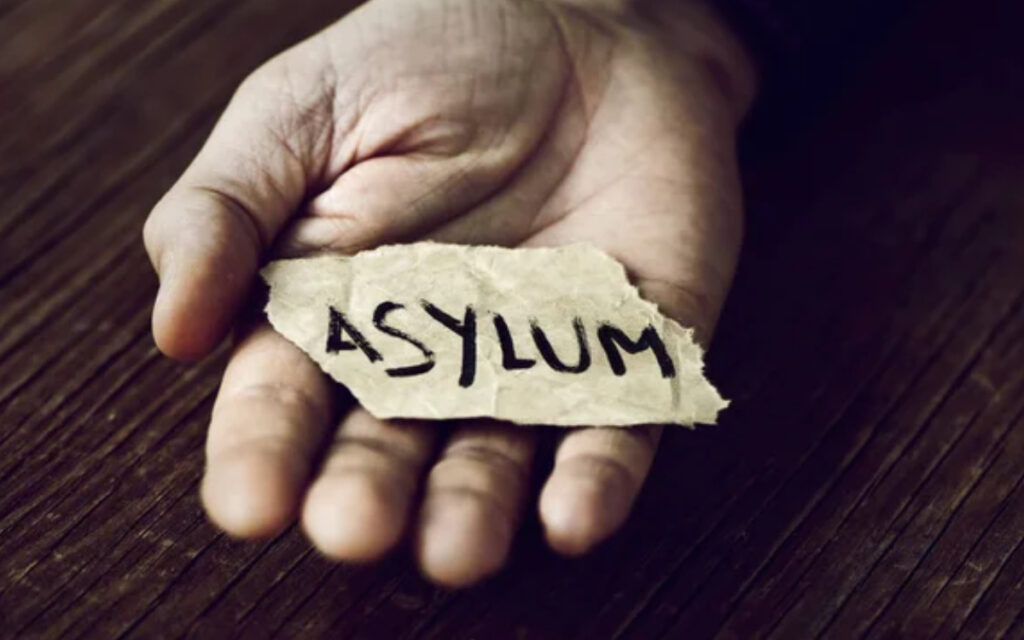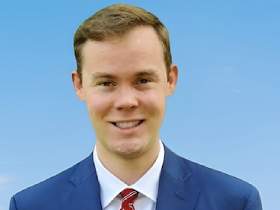
The federal government has provided a total of nearly $750 million to help cover the cost of housing since 2017. Photo Credit: Depositphotos.
The City of Niagara Falls is known as one of the world’s most famous tourist destinations. In recent years, however, it has also become an interim housing hub for thousands of asylum seekers.
In order to support cities and municipalities across the country who are providing refuge for those fleeing persecution, the federal government has provided a total of nearly $750 million to help cover the cost of housing since 2017. At the beginning of 2024, the federal government confirmed that it was setting aside an additional $362 million for these purposes.
At a recent meeting of city council, Niagara Falls Councillor Lori Lococo introduced a motion, which was approved by council, that requested Mayor Jim Diodati discuss the funding issue with the Niagara Region and the federal government. Lococo believes that in considering the service that the City is providing by ensuring housing availability for asylum seekers, it is not receiving enough tangible financial resources. The two-term councillor is particularly interested in having funds made available to support meeting infrastructure needs.
Immigration Refugees and Citizenship Canada confirmed earlier this year that between February 2023 and February 2024, more than $100 million was spent to support housing the city’s asylum seekers. 4,896 asylum claimants were transferred to Niagara Falls hotels during this time period. The most common places of origin for asylum seekers were Afghanistan, Columbia, Congo, Haiti, Kenya, Nigeria, Pakistan, Turkey, Venezuela and Uganda.
From April 1, 2023, to Dec. 31, 2023, the cost of housing refugee claimants was approximately $208 a person per day. Claimants were provided with, on average, 113 days of housing. Including the costs of services, meals, rooms and security, resulting in a total bill of around $115 million.
If asylum seekers stayed less than 30 days, Lococo said that the city could receive $2 per night per hotel room through the Municipal Accommodation Tax (MAT). However, because most asylum seekers are residing for longer than 30 days, the city is not being distributed MAT funds.
Diodati said that because the Niagara Region, the upper tier municipal council, is tasked with covering the costs of social services, it would collect most of the federal money. With that being said, he is supportive of investigating potential options for the city to receive some funds directly.
While municipal and regional partners seek to resolve these issues, there are concerns about broader underlying problems that have been mismanaged federally.
“After nine years of Justin Trudeau, our immigration and refugee systems are broken,” Niagara Falls MP and Shadow Tourism Minister Tony Baldinelli told The Niagara Independent.
“Trudeau’s housing crisis has forced refugees to live under bridges or in hotels indefinitely, all at the cost of hundreds of millions of dollars at the expense of the taxpayer,” Baldinelli continued. “The Liberals did nothing about Roxham Road for more than six years and allowed abuse of visa free travel from Mexico until it was far too late. Conservatives consistently called for the Liberals to fix these problems, but the Liberals charged ahead, breaking the system with their failed policies and inaction.”
“Common sense Conservatives will stop the fraud and abuse, secure our borders, and restore order to the system that the Liberals have let run out of control. We will introduce a common-sense rule that will tie all immigration to healthcare, housing, and jobs.”
On Oct. 24, 2024, the federal government announced that Canada would reduce immigration levels by approximately 20 per cent in 2025. The opposition has argued that this policy reversal does not reflect any new wisdom on the part of the Trudeau Liberals, but is, rather, an admittance of their own grave error in mishandling a critical issue.

Nick Redekop completed his Honours Bachelor of Arts Degree in Labour Studies at Brock University. He has previously served in municipal and federal politics. In his free time, Nick enjoys following sports, taking part in outdoor activities, and reading biographies. Nick resides in Niagara Falls




















